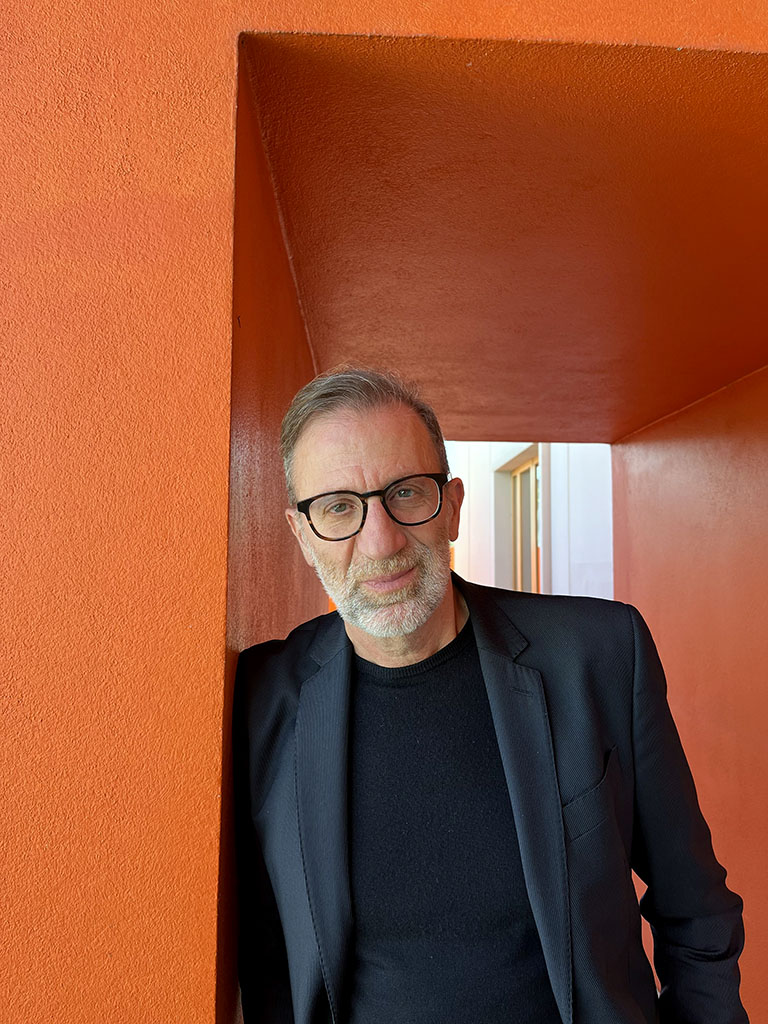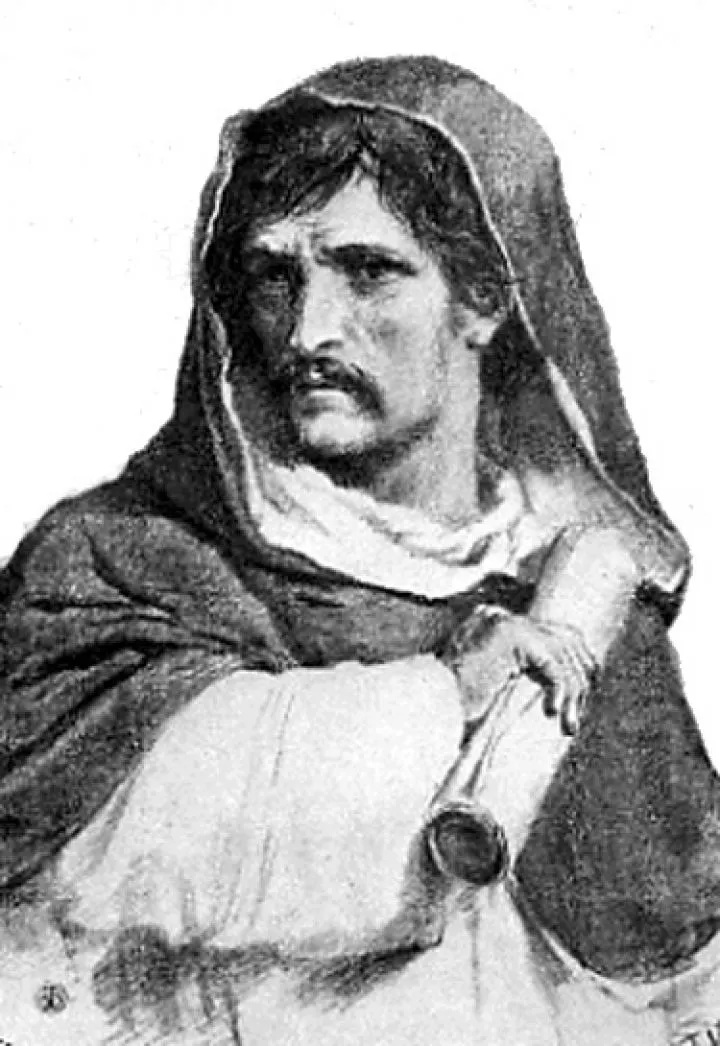
Rubrica a cura di Gianna Vazzana notiziedalcuore@gmail.com
Nicoletta writes:
My last relationship ended when my boyfriend got my best friend pregnant. She was like a sister to me — we had been inseparable since middle school. He was the man I thought I would spend my life with: I had already chosen the wedding dress, and the reception hall was booked. I couldn’t wait to become his wife. Instead, now the two of them are playing happy family, and I’ve had to heal my wounds alone. I managed to get over it, but I no longer know how to trust. I’m too afraid of feeling that excruciating pain again. I don’t let anyone in. Will I ever be able to trust again?
Dear Nicoletta,
Let me start by saying: I’m sorry.
What you’ve been through is one of the most painful experiences when it comes to relationships. Not only have you lost the man you loved, but also the person you considered closer than a sister — she should have been there helping you through the heartbreak: staying up late, eating pizza, drinking wine, and watching romantic comedies to get you through it.
Instead, you ended up alone. And now, after being betrayed by those you trusted blindly, how can you ever be sure you won’t fall into the same trap again?
I’m so sorry to be the one to break this news to you, but the truth is: you can’t.
Unfortunately, if you were hoping I could provide the correct formula to guarantee you’ll never be hurt again, I’m afraid you’ll be disappointed.
Of course, there are signs to help you spot who’s genuinely interested and who isn’t. Pay attention to who shows up for you, who wants to truly know you, who supports you and cheers you on. But even then, there are no absolute guarantees.
So what do we do? We look somewhere else, because trust cannot be fully explained or controlled by logic alone. Trust is something that goes beyond reason — and it requires a leap of faith.
If you think about it, trust and faith are essentially the same thing. In Fear and Trembling, Søren Kierkegaard describes faith as a “leap” — a movement of reason towards the unknown. Whether you believe in the literal story or not, it offers us a powerful metaphor for what it means to trust when everything in us is afraid.
To help us understand this concept, Kierkegaard tells the story of Abraham and Isaac.
In the Bible, we learn that Abraham was an old man, to whom God had granted the greatest gift: a son. One day, God asks him to make an unimaginable sacrifice: to take his son Isaac to Mount Moriah and offer him in sacrifice.
Abraham’s heart is shattered by pain for the unthinkable task, but he doesn’t hesitate. He sets out on the journey and prepares to make the sacrifice. Though this act seems horrendous from any rational or ethical standpoint, Abraham obeys, driven by a faith that goes beyond logic — a faith that somehow, he would not lose his son.
Right up until the last moment, when he raises the knife above his son, Abraham continues to believe. He believes that God will not betray him. And indeed, at the very last second, God stops him. Isaac is saved.
Abraham is what Kierkegaard calls a knight of faith: not a blind fanatic, but a man capable of believing the impossible when all hope seems lost.
The knight of faith is someone who, even when faced with the absurd, chooses to believe that love, life, and what he holds most dear can be restored — even when reality screams the opposite.
He is a living paradox: in his heart, he knows he must let go, but he keeps loving and hoping as if he will lose nothing. Not because he is oblivious to suffering, but because he has learned to face it without closing himself off to grace.
But knights of faith are exceedingly rare — so rare that Kierkegaard admits he never met one himself.
And now I ask you to strive, as much as is humanly possible, to become this rare figure — whom we will call a knight of trust: trust in love.
Not trust in every person you meet, but in Love itself — in the possibility that it might return to you, transformed, pure, beautiful, and joyful, despite having abandoned you in the past.
And if it had been necessary for that love to leave you, to make space for a deeper, truer, more mature love?
I ask you to open your heart — not blindly, but with care, noticing who deserves it and who does not.
Knowing that only by opening yourself to the risk of pain can you truly love again.
In Manon, Ballerina, Antoine de Saint-Exupéry writes:
“Of course, you will hurt me. Of course, I will hurt you. Of course, we will hurt each other. But that is the condition of existence itself. To become spring means accepting the risk of winter. To become presence means accepting the risk of absence.”
You cannot love someone, make them a presence in your life, without accepting the risk that the presence you cherish might become an absence.
We have only one choice: to open ourselves to the possibility of suffering while experiencing the joy of love, or to suffer longing for love without the courage to open ourselves to it.
Will your next story have a happy ending? Perhaps. Or maybe it will be another lesson you need in order to grow.
That’s the paradox. Love does not ask you to erase the past — it asks you to believe in it, despite the past.
And that is the leap you must take.
If you have a question you’d like to see published in this column, feel free to email me at notiziedalcuore@gmail.com. For privacy reasons, I’ll change the names before publishing.
If you’re looking for coaching or guidance, don’t hesitate to reach out at hello@philosophicalhearts.com. I’d be happy to support you on your journey.




